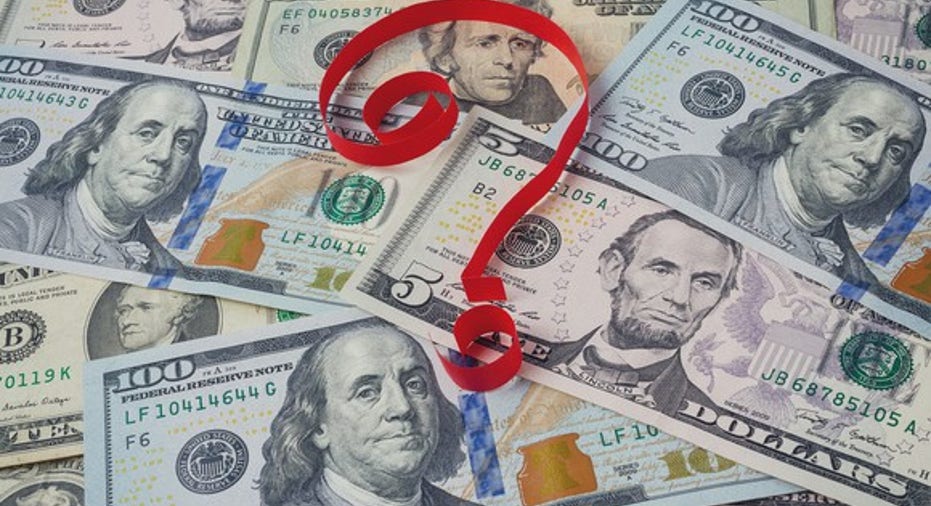Will Pfizer's Growth Be Threatened by Novartis' New Cancer Drug?

Novartis (NYSE: NVS) announced on Monday that the U.S. Food and Drug Administration (FDA) approved Kisqali as a first-line treatment for hormone receptor positive,human epidermal growth factor receptor-2 negative (HR+/HER2-)breast cancer. Soon, stories were running warning about the threat the new drug could pose to Pfizer (NYSE: PFE).
It's certainly true that Kisqali is going to compete against Pfizer's successful cancer drug Ibrance. But will Novartis actually threaten Pfizer's growth prospects?
Image source: Getty Images.
Ibrance vs.Kisqali
Late-stage study results appear to indicate similar efficacy for Ibrance and Kisqali, although no direct head-to-head studies have been conducted. Pfizer reported a median progression-free survival (PFS) rate of 24.8 months for women taking Ibrance plusletrozole compared with14.5 months for patients taking letrozole alone. Novartis reporteda median PFS of 25.3 months for Kisqali plus letrozole and 16.0 months for letrozole alone.
Novartis is pricing Kisqali at an 18% to 20% discount below Ibrance's price, however. Could this lower price cut into Pfizer's sales? Maybe, but there's another important consideration.
Kisqali can cause a heart rhythm disorder known as QT prolongation, which can result in fast, chaotic heartbeats and even lead to death. Physicians will have to closely monitor patients taking the drug.
That could be problematic for Novartis. Physicians could prefer to prescribe Ibrance rather than Kisqali, since Ibrance doesn't have the safety warning related to QT prolongation. The primary safety issue that can occur with taking Ibrance (neutropenia) also occurs with Kisqali.
Impact for Ibrance
Ibrance plays a key role in Pfizer's growth strategy. The drug generated sales of more than $2.1 billion in 2016. Analysts think the drug could reach peak annual sales from $3 billion to $5 billion.
Will the launch of Kisqali prevent Ibrance from hitting those projections? Probably not. For one thing, there's a pretty wide range in the estimates. Ibrance seems likely to crack the lower end of the range relatively soon. Also, analysts made those projections with full knowledge that Novartis was developing its own CDK inhibitor targeting breast cancer.
It's possible that competition from Novartis could hold Ibrance sales closer to the low end of the range instead of the high end. I'm not convinced, though, that Pfizer will experience too much of a blow to Ibrance sales.
In my view, it all comes down to perception. If physicians and patients see Kisqali as less safe than Ibrance, they'll go with Ibrance unless payers push Kisqali instead. With the different safety profiles for the two drugs, I don't think that will happen. Patients' out-of-pocket costs should be close to the same whether they take Ibrance or Kisqali. With similar perceptions of efficacy and cost among patients and physicians but a different perception on safety, I think that Ibrance will win in most cases.
The bigger picture
Any market share that Novartis manages to take away from Ibrance will hurt Pfizer, of course. However, even though Ibrance is important for Pfizer, it's not the only source of growth for the company.
Prostate cancer drug Xtandi, gained through last year's acquisition of Medivation, could ultimately generate sales of nearly $5 billion per year. Recently approved eczema drug Eucrisa (also picked up via acquisition, in this case from Anacor) could reach peak annual sales of $2 billion.Xeljanz still has plenty of growth potential, especially if late-stage studies for additional indications go well.
Then there'savelumab. The experimental anti-PD-L1 inhibitor is in nine late-stage studies targeting several types of cancer. Avelumab could generate peak annual sales between $4 billion and $6 billion if approved, although Pfizer will split revenue with partner Merck KGaA.
In addition, Pfizer's pipeline includes more than 20 other late-stage studies plus another 20 mid-stage programs. Looking at the bigger picture, Pfizer should produce plenty of growth even with a new rival on the market for Ibrance.
10 stocks we like better than PfizerWhen investing geniuses David and Tom Gardner have a stock tip, it can pay to listen. After all, the newsletter they have run for over a decade, Motley Fool Stock Advisor, has tripled the market.*
David and Tom just revealed what they believe are the 10 best stocks for investors to buy right now... and Pfizer wasn't one of them! That's right -- they think these 10 stocks are even better buys.
Click here to learn about these picks!
*Stock Advisor returns as of February 6, 2017
Keith Speights owns shares of Pfizer. The Motley Fool has no position in any of the stocks mentioned. The Motley Fool has a disclosure policy.



















